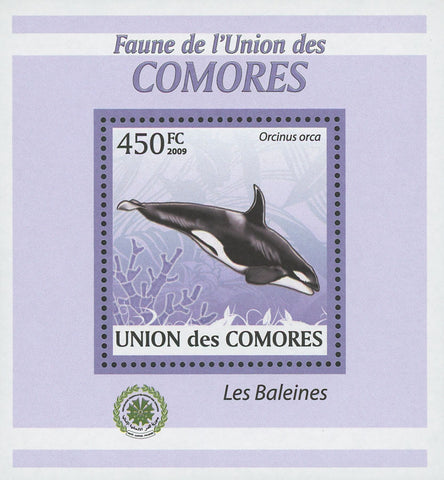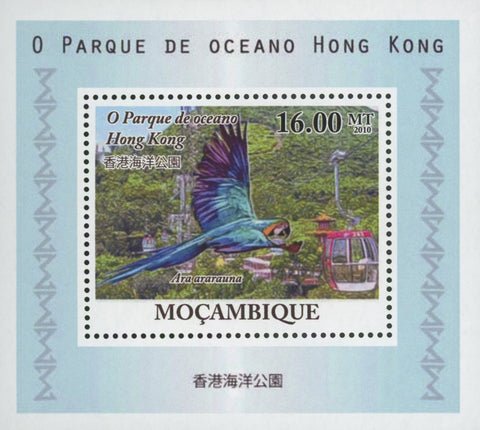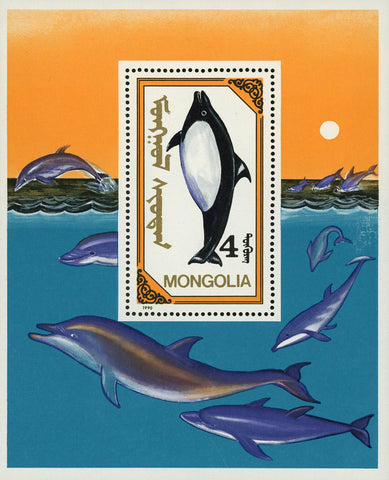Sea Fauna Shell Star Ocean Souvenir Sheet of 9 Stamps Mint NH
- Product Sku:
- Categories Marine Fauna, Ocean Life, Rwanda, The Ocean
Rwanda Sea Fauna Shell Star Ocean Souvenir Sheet of 9 Stamps Mint NH
An ocean (from Ancient Greek Ὠκεανός, transc. Okeanós) is a body of water that composes much of a planet's hydrosphere. On Earth, an ocean is one of the major conventional divisions of the World Ocean. These are, in descending order by area, the Pacific, Atlantic, Indian, Southern (Antarctic), and Arctic Oceans. The word "ocean" is often used interchangeably with "sea" in American English. Strictly speaking, a sea is a body of water (generally a division of the world ocean) partly or fully enclosed by land, though "the sea" refers also to the oceans.
Saline water covers approximately 361,000,000 km2 (139,000,000 sq mi) and is customarily divided into several principal oceans and smaller seas, with the ocean covering approximately 71% of Earth's surface and 90% of the Earth's biosphere. The ocean contains 97% of Earth's water, and oceanographers have stated that less than 5% of the World Ocean has been explored. The total volume is approximately 1.35 billion cubic kilometers (320 million cu mi) with an average depth of nearly 3,700 meters (12,100 ft).
As the world ocean is the principal component of Earth's hydrosphere, it is integral to life, forms part of the carbon cycle, and influences climate and weather patterns. The World Ocean is the habitat of 230,000 known species, but because much of it is unexplored, the number of species that exist in the ocean is much larger, possibly over two million. The origin of Earth's oceans is unknown; oceans are thought to have formed in the Hadean eon and may have been the impetus for the emergence of life.
Extraterrestrial oceans may be composed of water or other elements and compounds. The only confirmed large stable bodies of extraterrestrial surface liquids are the lakes of Titan, although there is evidence for the existence of oceans elsewhere in the Solar System. Early in their geologic histories, Mars and Venus are theorized to have had large water oceans. The Mars ocean hypothesis suggests that nearly a third of the surface of Mars was once covered by water, and a runaway greenhouse effect may have boiled away the global ocean of Venus. Compounds such as salts and ammonia dissolved in water lower its freezing point so that water might exist in large quantities in extraterrestrial environments as brine or convecting ice. Unconfirmed oceans are speculated beneath the surface of many dwarf planets and natural satellites; notably, the ocean of Europa is estimated to have over twice the water volume of Earth. The Solar System's giant planets are also thought to have liquid atmospheric layers of yet to be confirmed compositions. Oceans may also exist on exoplanets and exomoons, including surface oceans of liquid water within a circumstellar habitable zone. Ocean planets are a hypothetical type of planet with a surface completely covered with liquid.
Fast & Free Shipping within U.S.A.
We Care for your order, Pack it carefully and ship it within 24 hours.
Satisfaction Guaranteed!
Please explore our store for more stamps, souvenir sheets, post-office collectibles and philately books and pre-philatelic items:
montecinos.philately




















